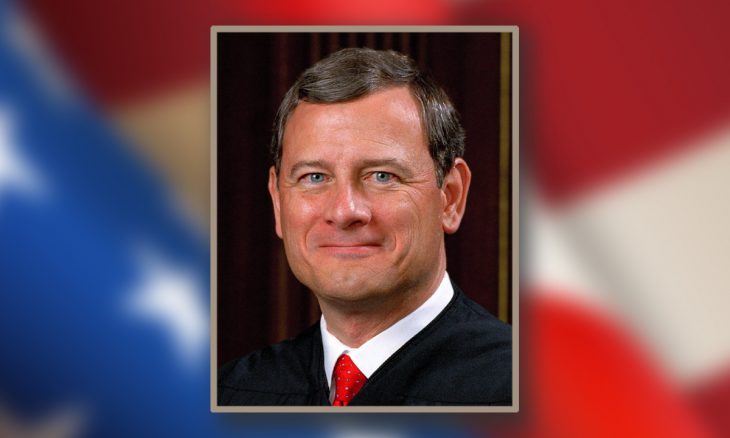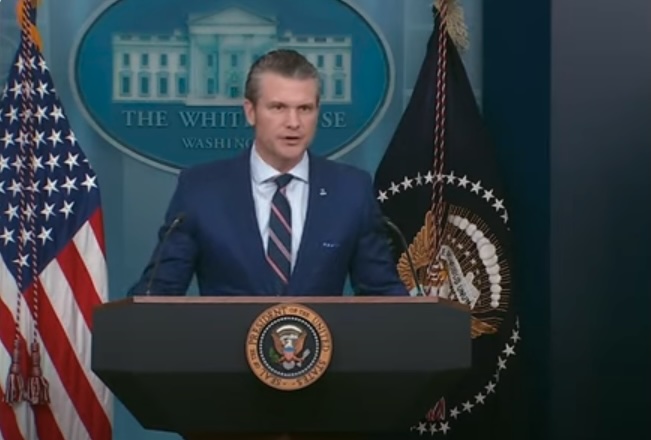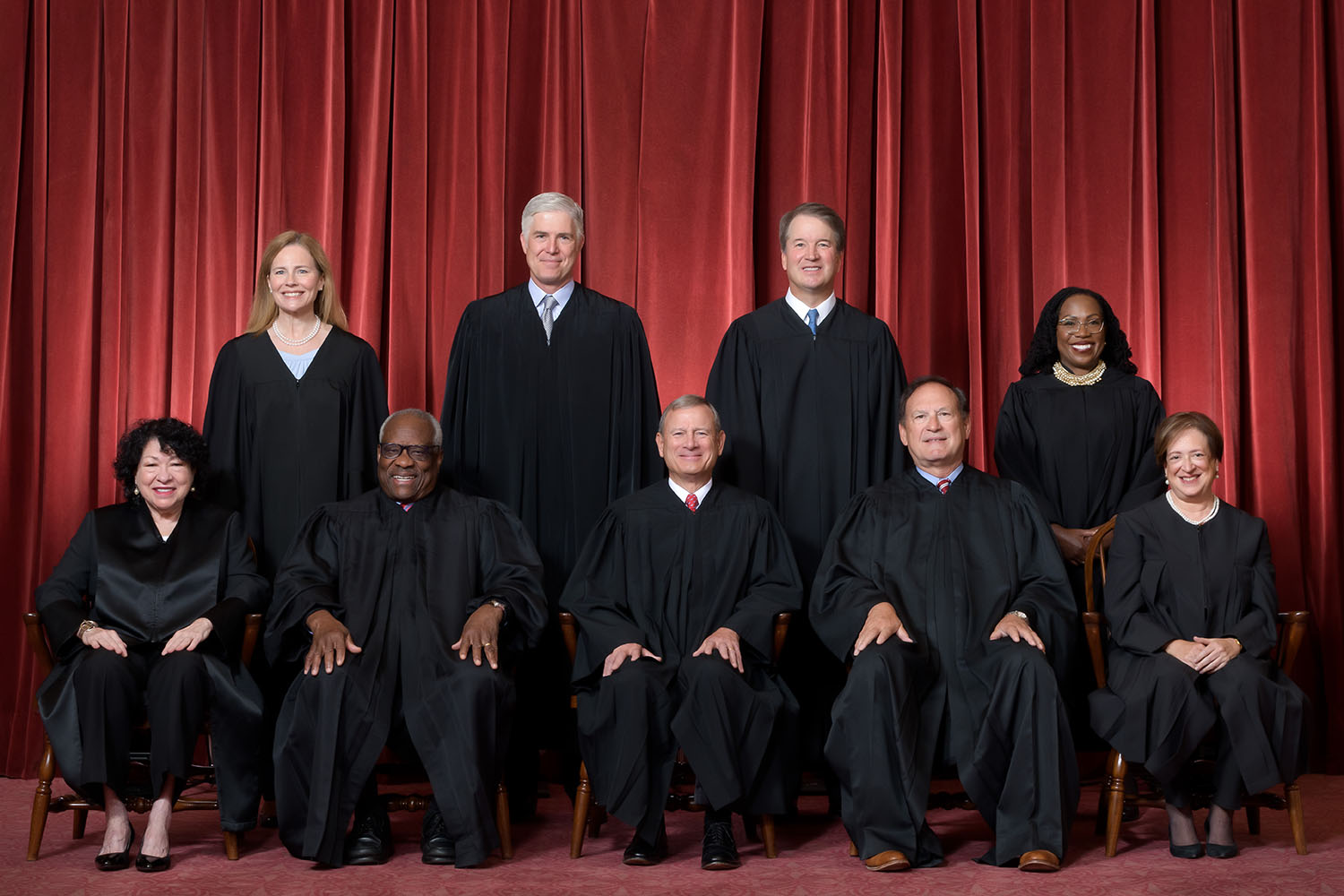Chief Justice John G. Roberts
Supreme Court of the United States
John Glover Roberts, Jr., was born in January 1955 in Buffalo, New York, and grew up in Indiana. He earned an undergraduate degree from Harvard College, and was preparing to pursue a Ph.D. in history but decided to attend Harvard Law School instead where he received his Juris Doctor. He clerked at the Second Circuit U.S. Court of Appeals, then clerked for Justice William Rehnquist of the Supreme Court.
He went to work as a special assistant to the U.S. Attorney General William French Smith and was then an associate with the White House Counsel during President Reagan’s administration. He entered private practice in Washington, D.C. He joined the administration of President George H.W. Bush as Principal Deputy Solicitor General. At the end of that administration, he returned to private practice.
Roberts was nominated by President George W. Bush to a seat on the U.S. Court of Appeals for the D.C. Circuit. His first nomination was allowed to expire by the Senate, but he was renominated, confirmed by the Senate, and received his commission in June 2003. In June 2005, President Bush named Roberts to fill a Supreme Court vacancy created by the retirement of Justice Sandra Day O’Connor. While his nomination was pending, Chief Justice Rehnquist died. Two days later, President Bush withdrew Roberts’ nomination as O’Connor’s successor and announced Roberts’ new nomination to the position of Chief Justice. He was confirmed by the Senate and took his oath of office in September 2005.
Roberts is married to Jane Sullivan and they have two adopted children. He is Catholic.
In the News…
Chief Justice John Roberts defended the authority of the Supreme Court to interpret the Constitution, saying its role should not be called into question just because people disagree with its decisions.
When asked to reflect on the last year at the Court in his first public appearance since the overturning of Roe v. Wade, he expressed concern that lately some critics of the Court’s controversial decisions have questioned the legitimacy of the Court, which he said was a mistake. He did not mention any specific cases or critics by name.
“If the court doesn’t retain its legitimate function of interpreting the constitution, I’m not sure who would take up that mantle. You don’t want the political branches telling you what the law is, and you don’t want public opinion to be the guide about what the appropriate decision is,” Chief Justice Roberts said.
Contact this Leader…
Did you pray for Chief Justice Roberts today? You can let him know at:
The Honorable Chief Justice John Roberts
Supreme Court of the United States
1 First Street NE
Washington, DC 20543









